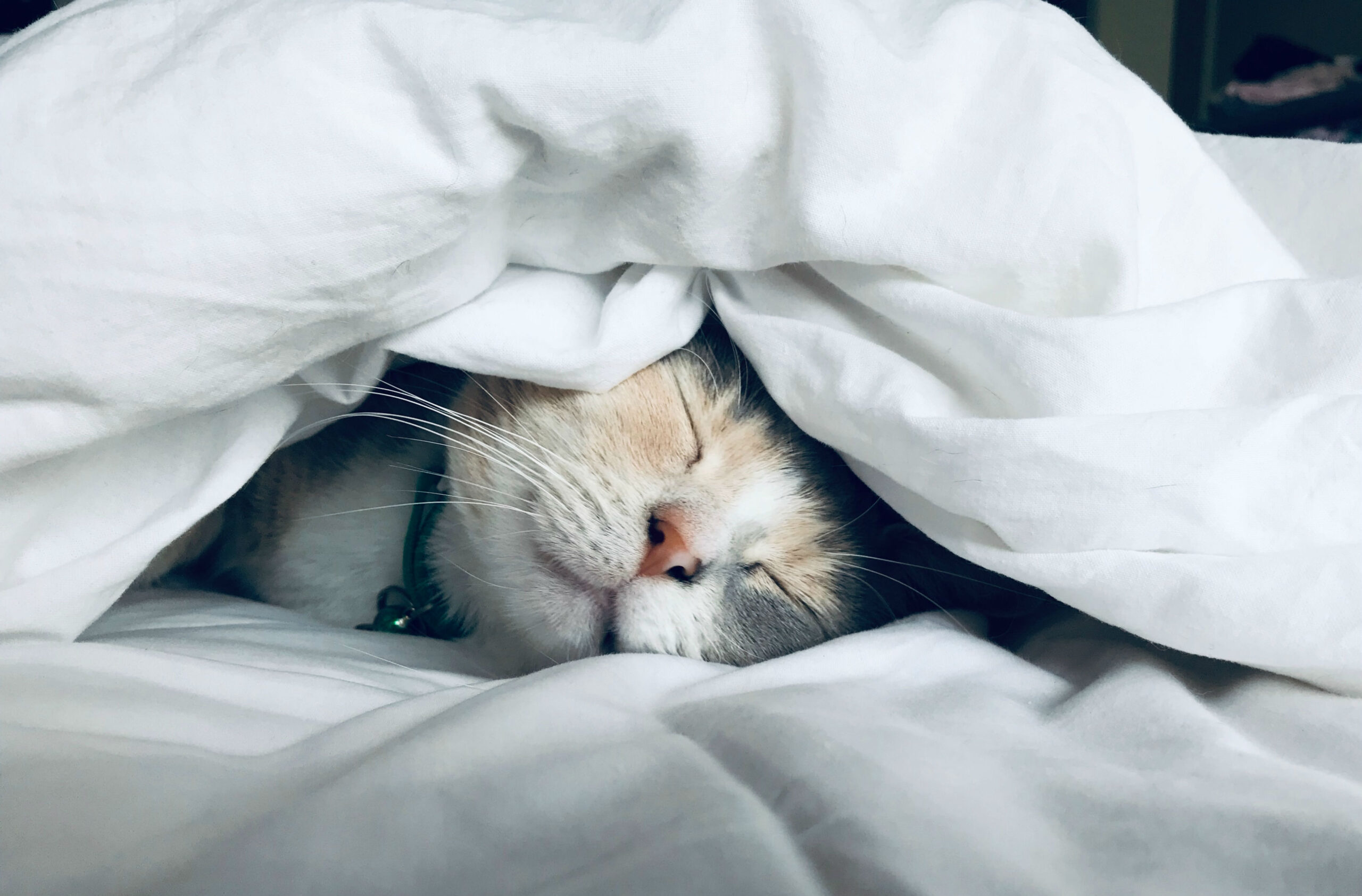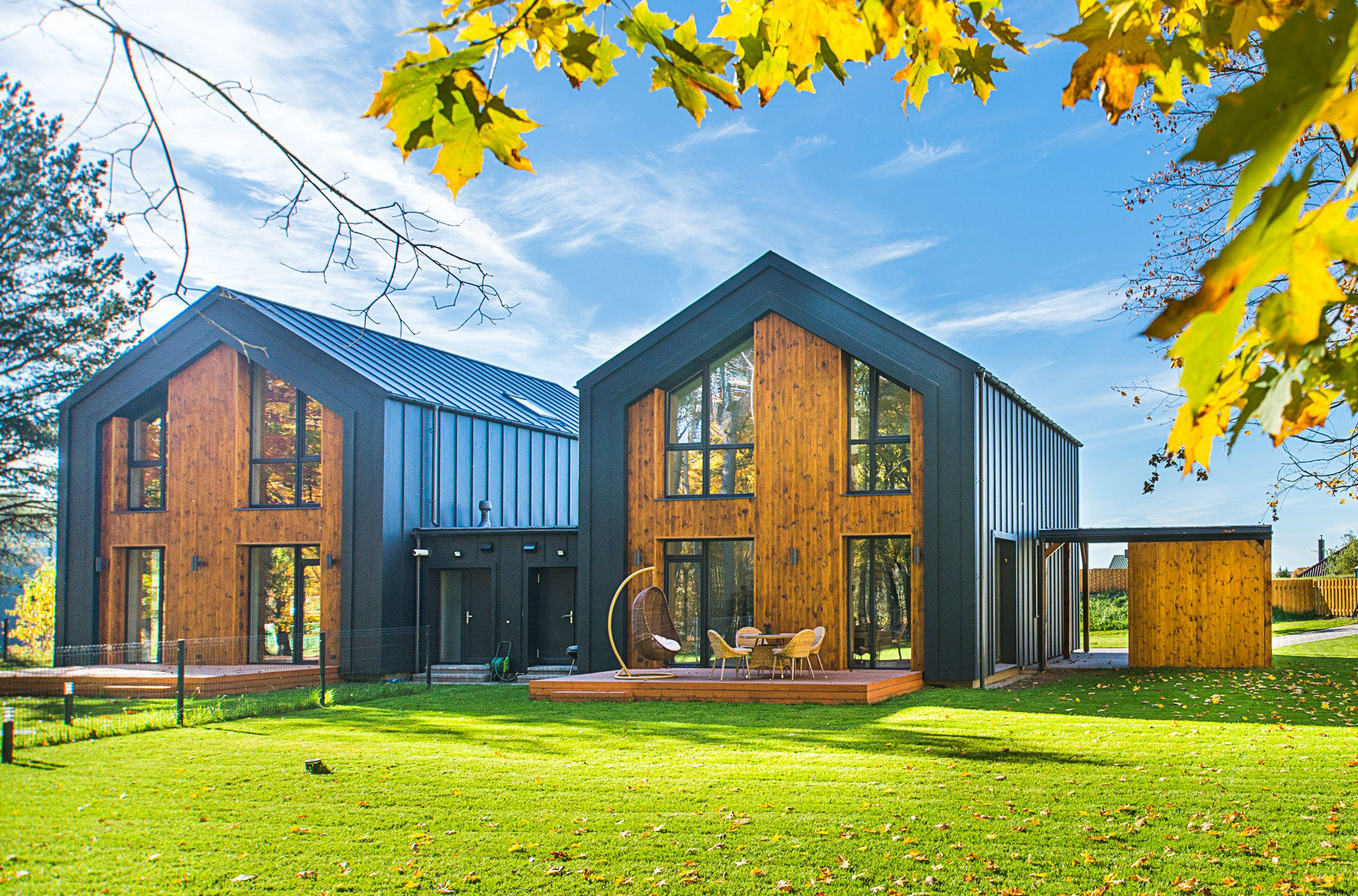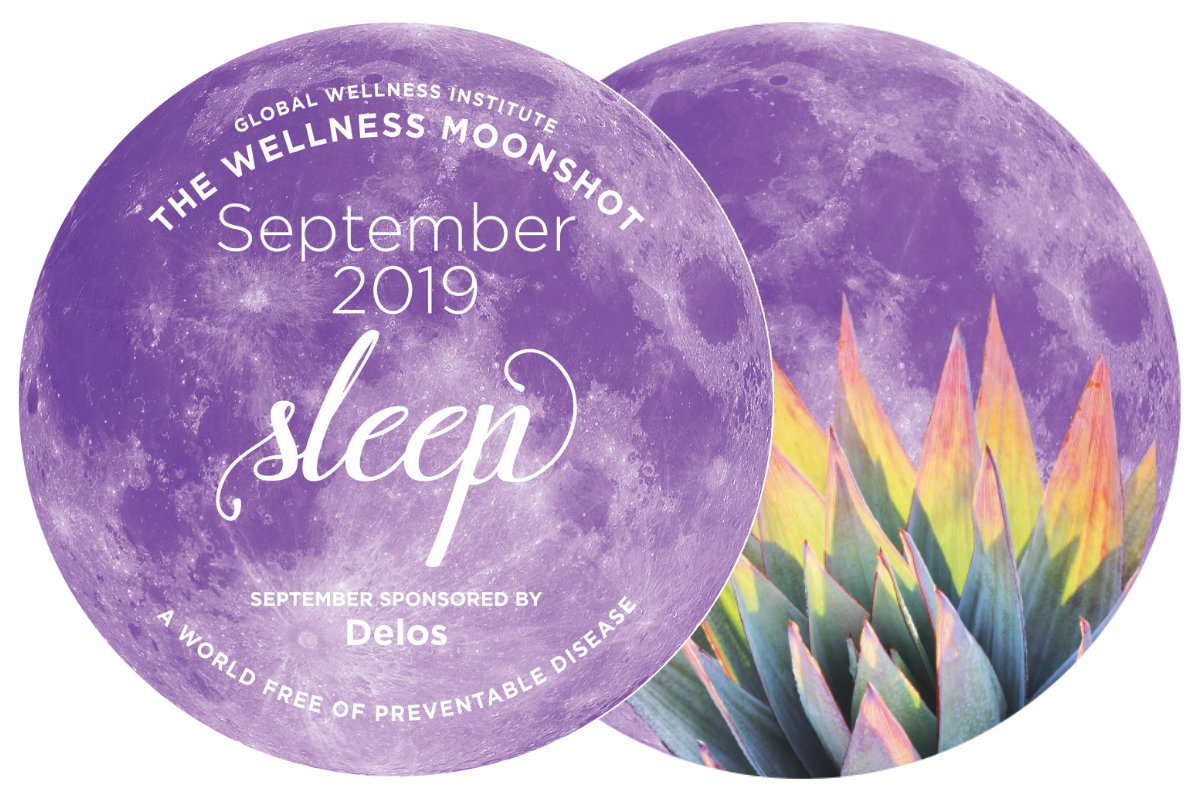With our always-on work, sleep and recovery are undervalued. Our world is increasingly sleep-deprived, and insufficient sleep is now considered a public health crisis with far-reaching human and economic consequences. So, for September, the GWI’s The Wellness Moonshot™ Calendar: A Year of Inspiration offers tips on how to get more sleep—from learning from other sleep-healthy cultures to companies implementing email blackout times and structuring work around employees’…





























































